Description
Calcium Carbonate: The Humble Compound with a Mighty Presence
Calcium carbonate (CaCO3), a seemingly simple chemical compound, is far more significant than its modest appearance suggests. This ubiquitous substance, found naturally in various forms and readily synthesized, plays a crucial role in diverse industries, from construction and agriculture to medicine and even toothpaste. Let’s delve into the fascinating world of calcium carbonate and explore its multifaceted applications.
Nature’s Building Block:
Calcium carbonate’s primary claim to fame lies in its abundance in nature. It’s the main component of:
- Limestone: A sedimentary rock formed from the accumulation of marine organisms’ shells and skeletons, limestone is a cornerstone of the construction industry. Quarried and crushed, it serves as aggregate in concrete and asphalt, providing strength and stability to roads, bridges, and buildings.
- Chalk: A soft, porous form of limestone, chalk is widely recognized for its use in writing and drawing. Its fine texture and ability to leave a visible mark make it ideal for blackboards and art supplies.
- Marble: A metamorphic rock resulting from the transformation of limestone under intense heat and pressure, marble is prized for its beauty and durability. It finds application in sculptures, countertops, flooring, and other decorative elements.
- Seashells and Coral: Marine organisms like shellfish and corals utilize calcium carbonate to build their protective shells and elaborate reef structures. These natural formations contribute significantly to marine ecosystems and coastal protection.
Beyond Construction: A Versatile Workhorse:
While its role in construction is undeniable, calcium carbonate’s applications extend far beyond:
- Agriculture: In agriculture, calcium carbonate, often in the form of lime, is used to neutralize acidic soils. This increases soil pH, making nutrients more accessible to plants and promoting healthy growth. It also improves soil structure and drainage.
- Industrial Applications:
- Paper Industry: Calcium carbonate is a common filler in paper production, improving brightness, smoothness, and opacity.
- Plastics Industry: It acts as a filler in plastics, increasing their strength, stiffness, and dimensional stability while reducing costs.
- Paint Industry: Calcium carbonate is used as an extender and pigment in paints, improving their opacity, whiteness, and durability.
- Pharmaceutical and Medical Uses:
- Antacids: As an antacid, calcium carbonate effectively neutralizes stomach acid, providing relief from heartburn and indigestion.
- Calcium Supplements: It’s a readily available source of calcium, essential for bone health, muscle function, and nerve transmission.
- Toothpaste: Calcium carbonate acts as a mild abrasive in toothpaste, helping to remove plaque and surface stains from teeth.
- Food Industry: Calcium carbonate is used as a food additive to provide calcium fortification, control acidity, and improve texture in various food products.
Production and Sustainability:
Calcium carbonate can be obtained through mining natural resources or synthesized through chemical processes. The environmental impact of mining operations is a concern, but sustainable practices, such as land reclamation and responsible water management, are being implemented to minimize the negative effects. Synthesized calcium carbonate can be produced using various methods, including the reaction of calcium hydroxide with carbon dioxide.
The Future of Calcium Carbonate:
Ongoing research continues to explore new and innovative applications for calcium carbonate. From developing advanced construction materials to creating novel drug delivery systems, the potential of this versatile compound remains largely untapped. As industries strive for sustainability and cost-effectiveness, calcium carbonate is likely to play an increasingly important role in shaping the future.
In conclusion, calcium carbonate, a seemingly unassuming compound, is a powerhouse of versatility. Its natural abundance, coupled with its diverse applications, makes it an indispensable material in countless industries. From the foundations of our buildings to the health of our bodies, calcium carbonate plays a silent but essential role in shaping the world around us.

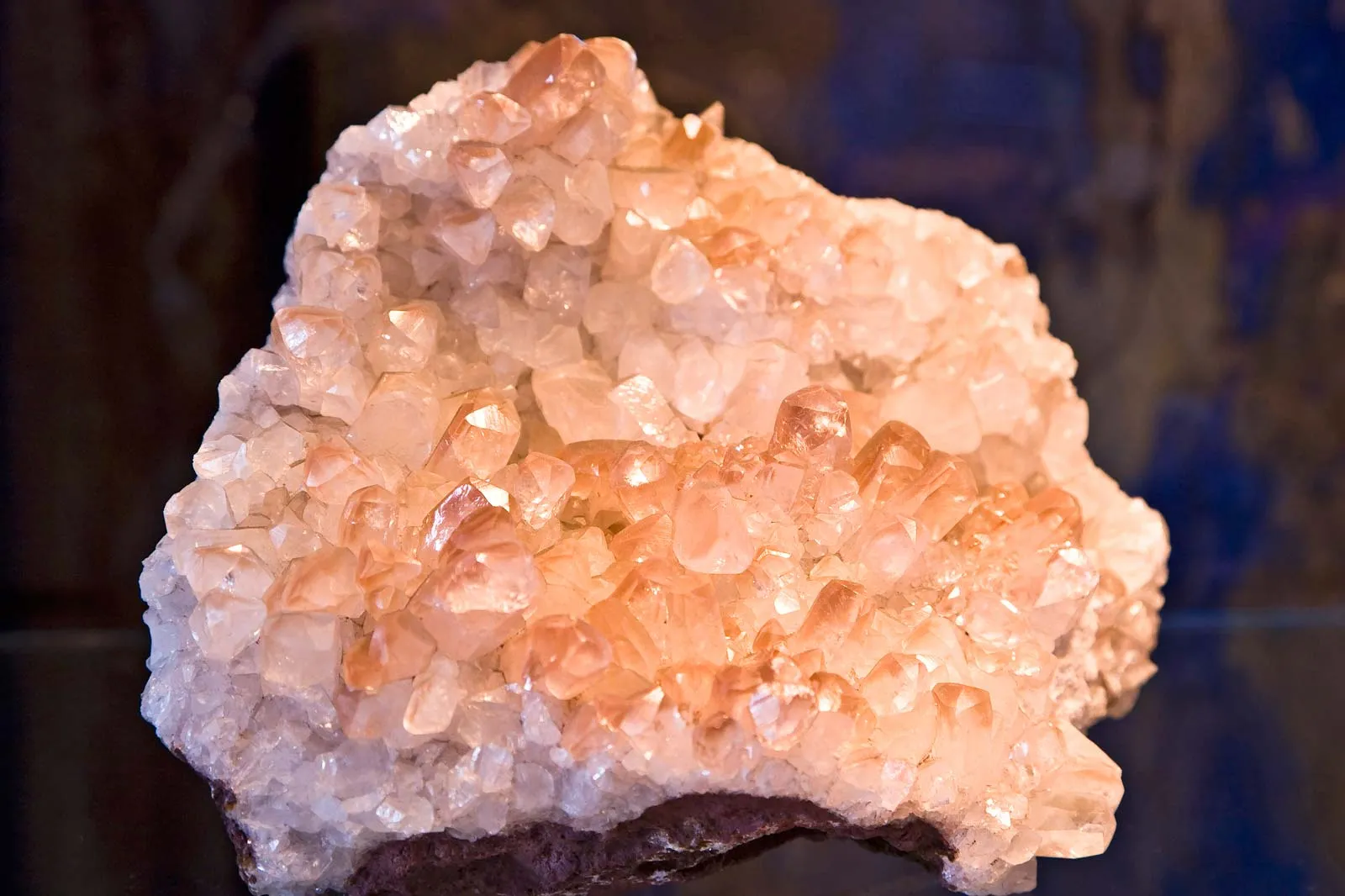
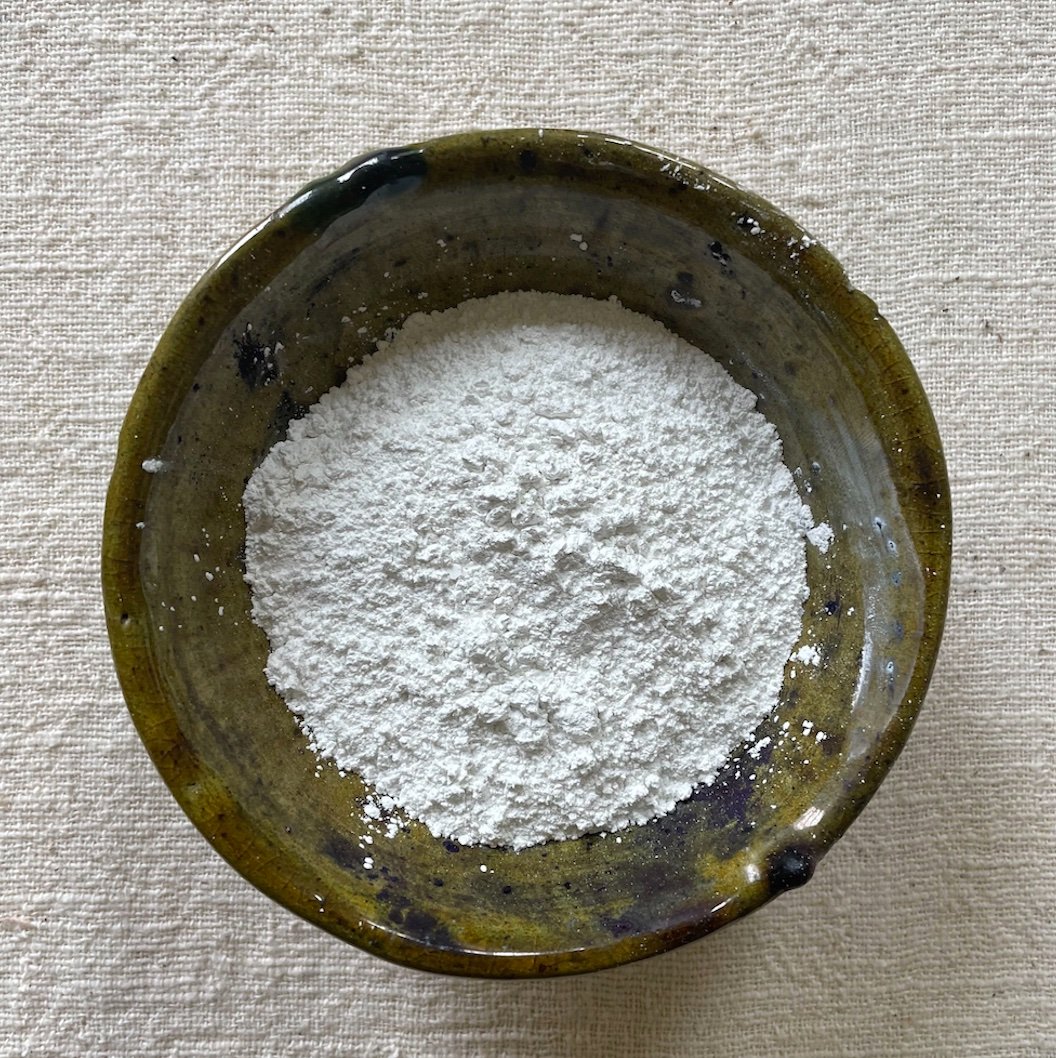

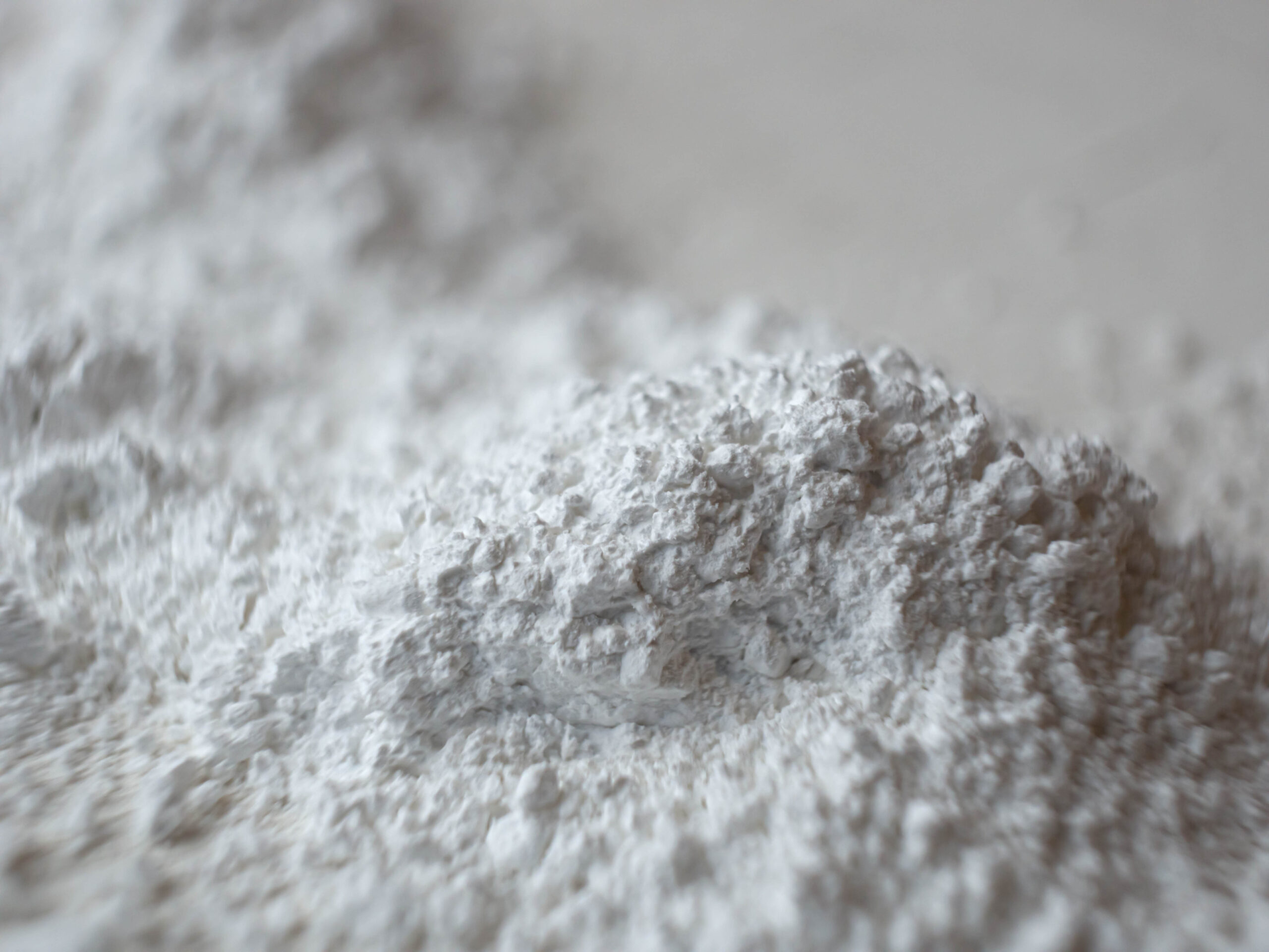

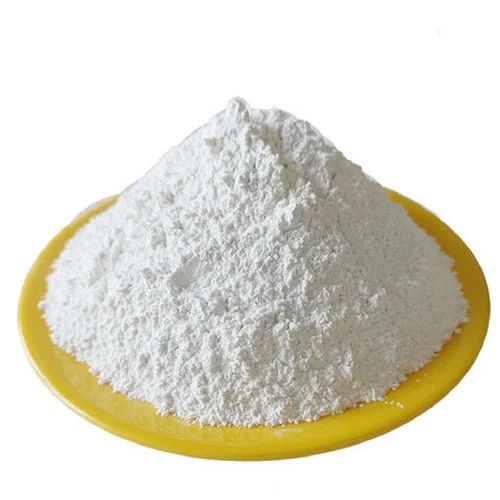



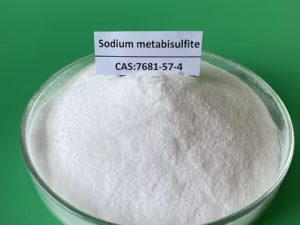
Reviews
There are no reviews yet.